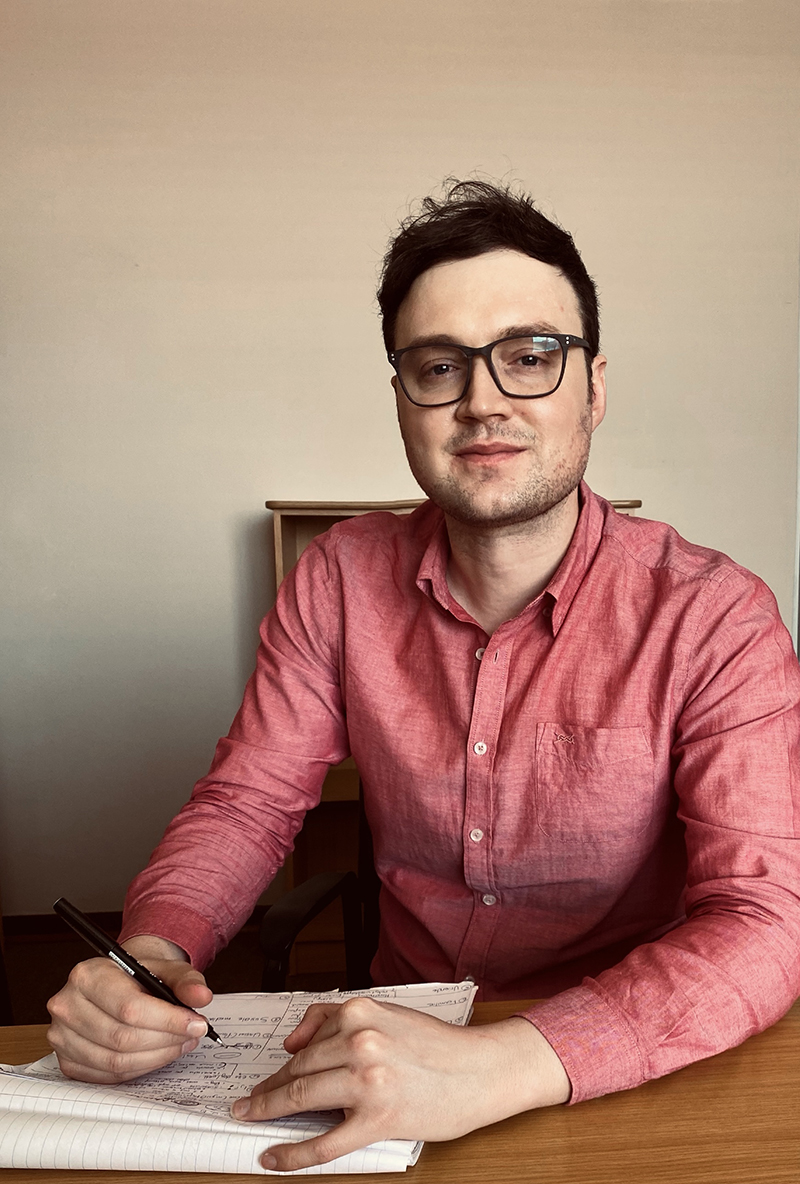The North-West University’s (NWU’s) Optentia research unit recently celebrated a significant milestone with delivering the first PhD graduate in social sciences with relational dynamics and development. The groundbreaking research of Dr Constant Laubscher van Graan focuses on relational dynamics in forensic investigations.
His study has significantly contributed to the field of commercial forensic investigations by shedding light on the complex dynamics that unfold during interactions between multiple stakeholders.
Dr Van Graan, a senior lecturer and leader of the Forensic Accountancy programme at the NWU, recognised the inadequacy of traditional interviewing methods in comprehending the intricacies of human interaction within forensic investigations, particularly in the South African context.
His innovative work has culminated in the development of the Ponaletso Commercial Forensic Interviewing (CFI) Framework, which integrates the person-centered approach (PCA) and the PEACE model to provide a more comprehensive and effective approach to forensic interviewing. His framework aims to enhance the gathering of reliable and admissible information during interactions with suspects and witnesses.
"My research broadly reiterates that, when you respect people and acknowledge their complexities, they are more willing to engage. This is a central theme of the social sciences and, up until now, has been neglected in the forensic investigative context,” he says.
“Empathy, congruence (genuineness) and acceptance are core qualities that need to be exhibited by the investigator, and this links with their ability to be aware of the relational dynamics at play. These qualities are visible in many contexts and, if applied correctly, enrich the engagement and interaction between individuals," he explains.
He says that his interest in relational dynamics and development within the commercial forensic investigative context was sparked by the lack of knowledge about forensic investigative interviewing. This type of interviewing is a crucial tool for gathering evidence during fraud investigations.
"There is no standard interviewing technique for investigators in South Africa and current international guidelines usually do not take into consideration the complexities of human beings. Relational dynamics can help us understand the interactions between investigators and interviewees (i.e. suspects and witnesses) and pave the way for new approaches to interviewing in South Africa and the rest of the world. This gap intrigued me, and I wanted to explore it further," he reveals.
Looking ahead, he envisions real-world application of his conceptual framework in commercial forensic investigative practices.
Throughout his research journey and as a forensic accountant, Dr Van Graan encountered a myriad of challenges, from logistical issues in interviewing participants to grasping complex new methodologies in the field of social sciences. However, his determination and focused approach enabled him to overcome these obstacles.
"I also had to be open to modifying my study when new information or data arose. To stay sane through these challenges, I focused only on things I could control and made peace with the rest. It wasn't easy, but ultimately, the determination to finish at all costs, even if it took longer than expected, helped me cross the finish line," he says.
He adds that they are busy developing an electronic version of the framework, which may be significant to the forensic industry.
“Watch this space," he says.

Dr Constant Laubscher van Graan.
